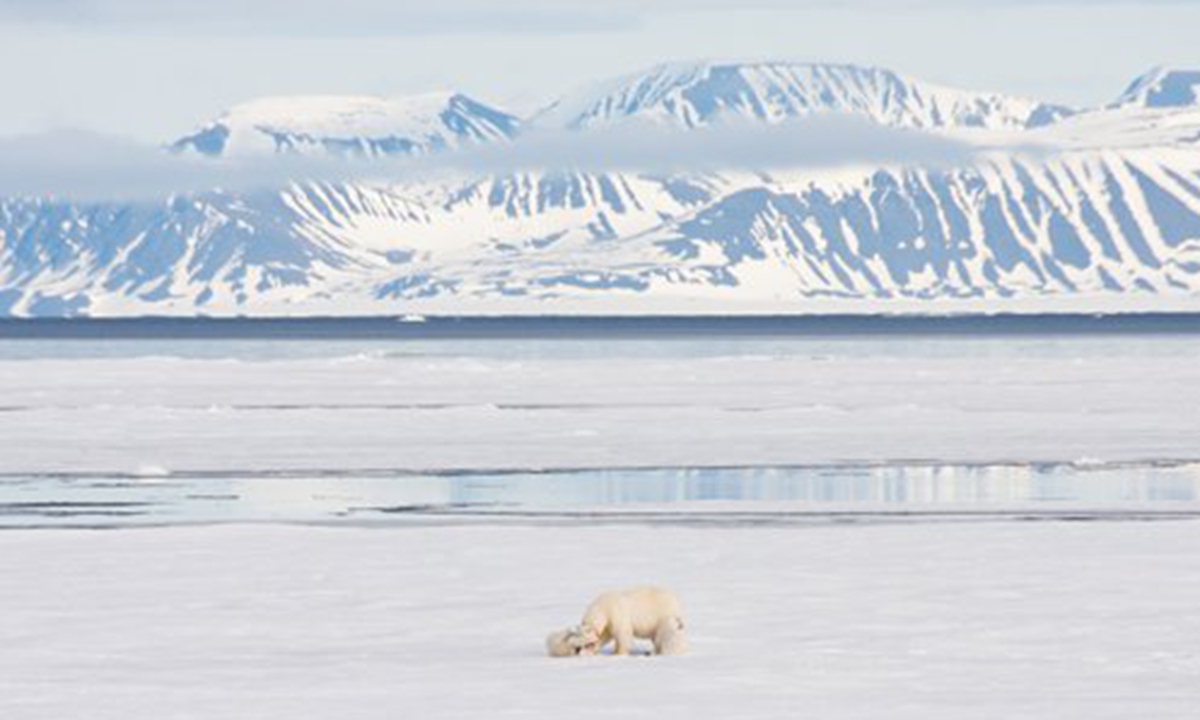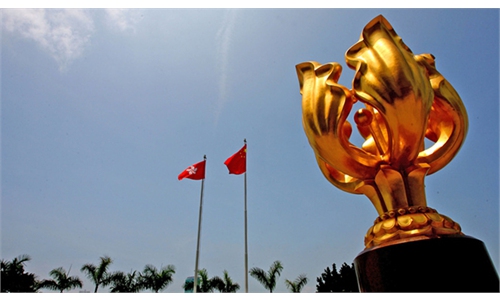
Photo: VCG
A Chinese company's acquisition of a gold mine in the Canadian Arctic is facing backlash in Canada over China's growing presence in the region. Canadian opposition parties have called on the Trudeau government to stop Shandong Gold Mining Co from buying TMAC Resources Inc, so as to "slow China's growing control over strategic minerals," according to a recent report from The Wall Street Journal.At a time when China-Canada relations are strained over the illicit arrest of Huawei executive Meng Wanzhou, raising unnecessary alarm over the so-called threat to Arctic sovereignty may only complicate bilateral tensions by introducing a new geopolitical fight.
It is evident that the acquisition bid is a commercial move rather than a geopolitical maneuver.
Previous media reports already suggested TMAC Resources Inc was running into financial difficulties due to the impact of the COVID-19 pandemic and its own problematic operation, and it is not the only Canadian mining company that is now open to foreign acquisition.
By every measure, the purchase should be a positive move for both the troubled mining company and the Chinese mining firm seeking commercial returns. If some politicians in Canada intent to use the business acquisition case to fuel conspiracy theories about China's ambitions, it would undoubtedly bring more pressure to China-Canada relations.
With green lights from TMAC's shareholders and Chinese regulators, the deal still needs approval from the Canadian government. If the Canadian government rejects the purely commercial deal over an unfounded conspiracy theory, Chinese investors would likely take that as a signal that Canada is capable of politicizing any transaction or investment involving Chinese companies.
It is, to a certain extent, understandable that some in Canada are very sensitive and suspicious about issues related to the Arctic, which has emerged as a new hot spot for geopolitical power plays.
As the climate warms, Arctic exploration and development have been gaining increasing attention. For starters, the region is rich in natural resources, with huge reserves of oil, natural gas and coal, among other minerals. And with glaciers melting, new shipping routes will create new opportunities and potential for global trade.
It is due to the region's energy resources, transport potential and strategic value that geopolitical risks facing the Arctic have been on the rise. While countries have largely focused Arctic cooperation on energy exploration, environmental protection and route development, progress has been slow given the complicated nature of the regional geopolitics. Any minor move in the Arctic could trigger a high alert and significant pressure from global powers.
As one of the Arctic states, Canada should be well aware of the situation in the Arctic and make efforts to promote cooperation in the region, rather than posturing and using the case to shadow and worsen China-Canada relations.



